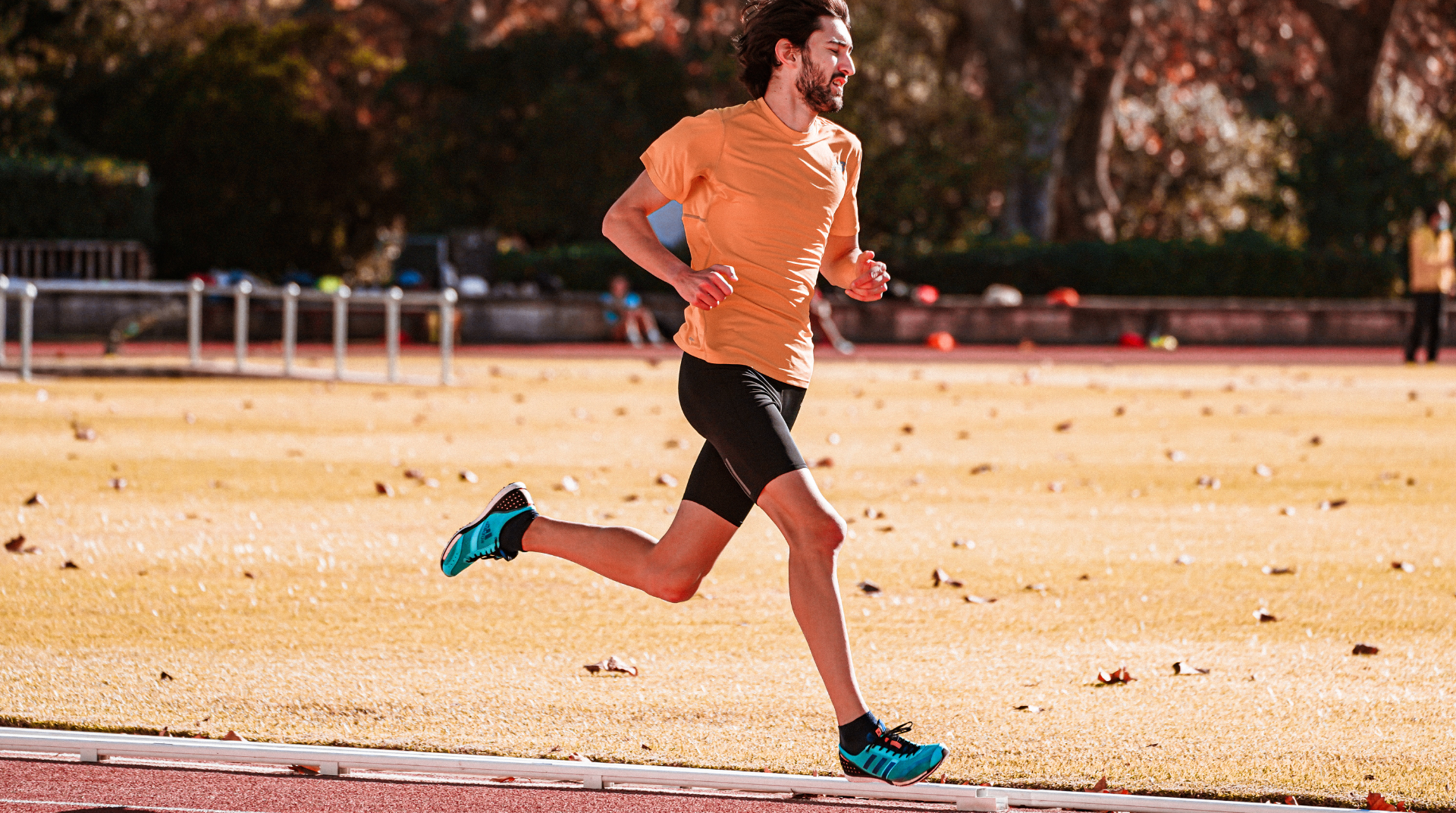Sleep is the foundation of healing, yet many people overlook its role in physical recovery.
Whether you’re an athlete, recovering from an injury, or simply aiming to maintain peak performance, prioritizing quality sleep is essential. Optimizing your sleep can reduce pain, accelerate muscle repair, and enhance overall well-being.
If you struggle with sleep and recovery, our experts in St. Petersburg, FL can help.
Understanding The Science Behind Sleep and Recovery
Sleep is when the body does its deepest healing. During different sleep stages, critical recovery processes take place:- Deep Sleep (Slow-Wave Sleep): The body releases growth hormones that aid in muscle repair and tissue regeneration.
- REM Sleep (Rapid Eye Movement): The brain processes motor skills and learning, making it crucial for athletes and active individuals.
- Cortisol Regulation: Poor sleep leads to higher stress hormone levels, which can increase inflammation and slow recovery.
- Immune System Support: Sleep enhances the immune response, reducing susceptibility to injuries and illness.
How Poor Sleep Impacts Physical Recovery
Lack of quality sleep can significantly slow down the healing process. Here’s how our patients experience it:- Delayed Muscle Repair: Growth hormone release is reduced, leading to slower healing and muscle recovery.
- Increased Pain Sensitivity: Poor sleep is linked to higher pain perception, making injuries feel worse.
- Reduced Athletic Performance: Fatigue, decreased reaction time, and impaired coordination increase the risk of injury.
- Weakened Immune System: The body’s ability to fight inflammation and repair tissues diminishes.
- Mental Fatigue: Poor sleep affects mood, focus, and motivation, making rehabilitation and training harder.
8 Strategies to Optimize Your Sleep for Faster Recovery
1. Establish a Consistent Sleep Schedule
Going to bed and waking up at the same time every day helps regulate your circadian rhythm, improving sleep quality. Aim for 7-9 hours of sleep per night to support optimal recovery.2. Create a Sleep-Friendly Environment
A dark, cool, and quiet room promotes restful sleep. Consider blackout curtains or an eye mask, a white noise machine, or a cooling mattress to enhance sleep quality.3. Manage Stress and Cortisol Levels
High stress disrupts sleep and prolongs recovery. Practices such as meditation, breathing exercises, and massage therapy can help lower cortisol levels and improve relaxation before bed. Want to take control of your stress, check out NuCalm®, this clinically proven, neuroscience-based technology helps naturally calm the nervous system, reduce stress, and improve sleep by guiding your brain into deep relaxation—without drugs or side effects. Learn more. Want to try NuCalm on your own? Use our exclusive code B2N15 at checkout for 15% off your purchase.4. Incorporate Recovery-Based Physical Therapy
If pain or discomfort is interfering with your sleep, pain and injury management or hands-on manual therapy can alleviate physical tension, making it easier to rest deeply.5. Use Sleep-Enhancing Recovery Tools
Advanced recovery techniques such as Bemer Therapy, Infrared Biomat Therapy, and Normatec Boots Compression Therapy can aid circulation and relaxation, improving sleep quality and muscle recovery.6. Optimize Nutrition for Sleep
Certain foods and supplements can support deeper sleep and faster recovery:- Magnesium: Helps relax muscles and improve sleep quality.
- Tart Cherry Juice: Naturally boosts melatonin production, promoting restful sleep.
- Protein-Rich Snacks: Eating a small protein-based snack aids overnight muscle repair.
7. Limit Screen Time Before Bed
Blue light from screens suppresses melatonin, disrupting sleep cycles. Reduce screen exposure an hour before bedtime and use blue light filters if necessary.8. Implement a Pre-Sleep Relaxation Routine
Winding down before bed signals to your body that it’s time to rest. Try these pre-sleep rituals:- Gentle stretching or yoga
- Reading a book
- Warm bath with essential oils
- Listening to calming music or guided meditation
The Connection Between Sleep and Athletic Performance
Elite athletes prioritize sleep as part of their recovery strategy. Research shows that getting adequate rest:- Improves reaction times and decision-making
- Enhances endurance and strength
- Reduces risk of sports-related injuries
- Boosts motivation and mental clarity






